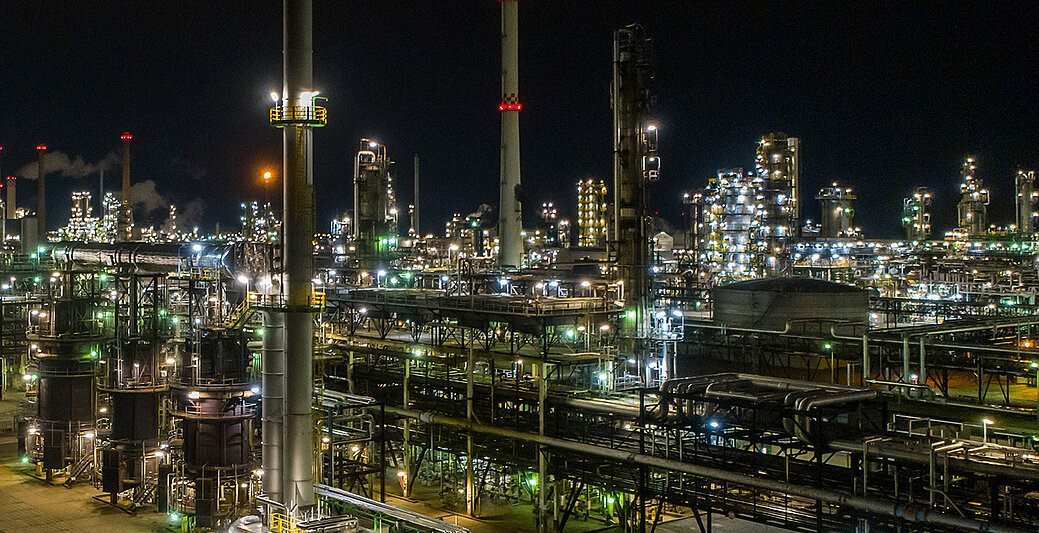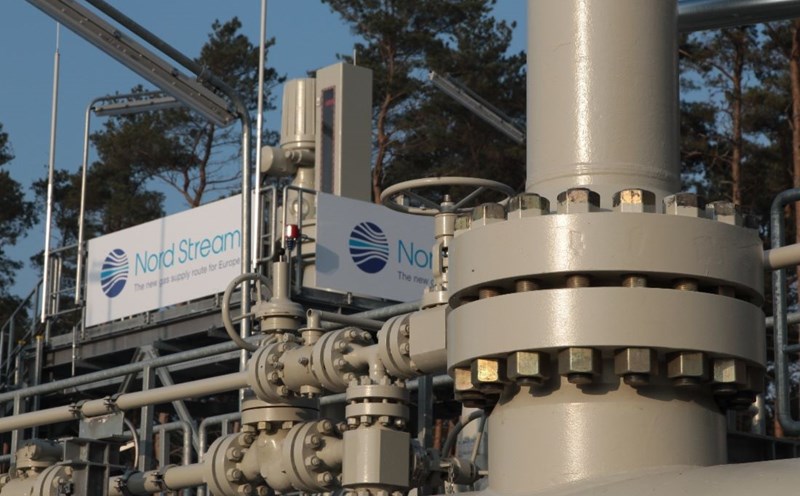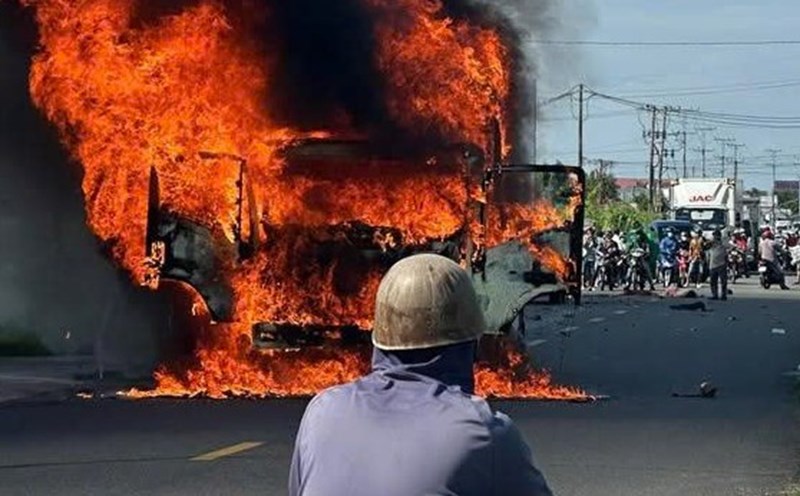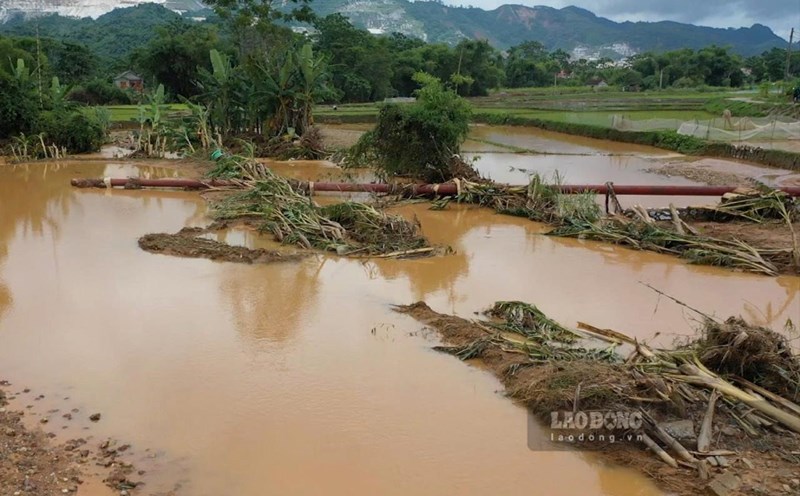The town of Schwedt, located in the northeastern German state of Brandenburg, is in an economic crisis as the PCK refinery - the source of life for thousands of local workers - is at a loss due to the loss of oil supplies from Russia.
Local leaders in Schwedt are calling for the lifting of the Russian oil embargo - which was once considered unlikely to be reversed in the EU's energy policy. The very real reason: The refinery is not operating at enough capacity, is suffering heavy losses and may soon have to lay off a large number of workers.
The Schwedt PCK plant was once an important link in Germany's energy supply chain, ensuring more than 90% of the oil volume for the capital Berlin. Before the embargo took effect in 2022, it received Russian crude oil via the Druzhba oil pipeline - a symbolic energy route from the Cold War.
However, after Europe simultaneously imported Russian oil due to the conflict in Ukraine, the PCK plant had to switch to alternative sources, mainly via sea from Kazakhstan or the Middle East. However, according to Mr. Danny Ruthenberg - Chairman of the factory's Board of Workers, the current capacity is only 80%, not enough to maintain financial efficiency.
"We are operating in the red zone. If the situation does not improve, fire will be inevitable, Mr. Ruthenberg warned.

With around 30,000 residents, Schwedt is not a large urban area. But nearly a fifth of the population here depends directly or indirectly on refineries. The factory is the reason Schwedt exists, admitted Annekathrin Hoppe. If it collapses, this town will have no future.
Hoppe said she would petition the federal government to resume imports of Russian oil and gas. We do not support conflict, but Schwedt has always had good relations with Russia, she said.
In the same vein, Mr. Ruthenberg said: "When peace returns, we must of course resell with Russia."
Schwedt is not a single voice. In many other EU countries such as Slovakia, Hungary, Austria or Bulgaria, opposition parties and many energy experts are publicly criticizing the EU's ban on Russian oil and gas as "self-harm".
As energy prices escalate and the economy slows, the wave of calls for "re-connecting to Russian oil" is spreading.
Stefan Meister, an expert from the German Foreign Relations Council, said: The pressure will increase. There are more and more voices from local businesses and politicians demanding a return to cheap supplies from Russia.
Some EU sources have revealed that if Germany takes the lead in resuming Russian oil and gas imports, a series of other countries will follow, from Italy to the Czech Republic.
Russia has long criticized energy sanctions as shooting themselves in the foot. Energy prices in Europe skyrocketed after 2022, forcing many countries to buy oil and gas from more expensive sources, even indirectly from Russia through intermediaries.











